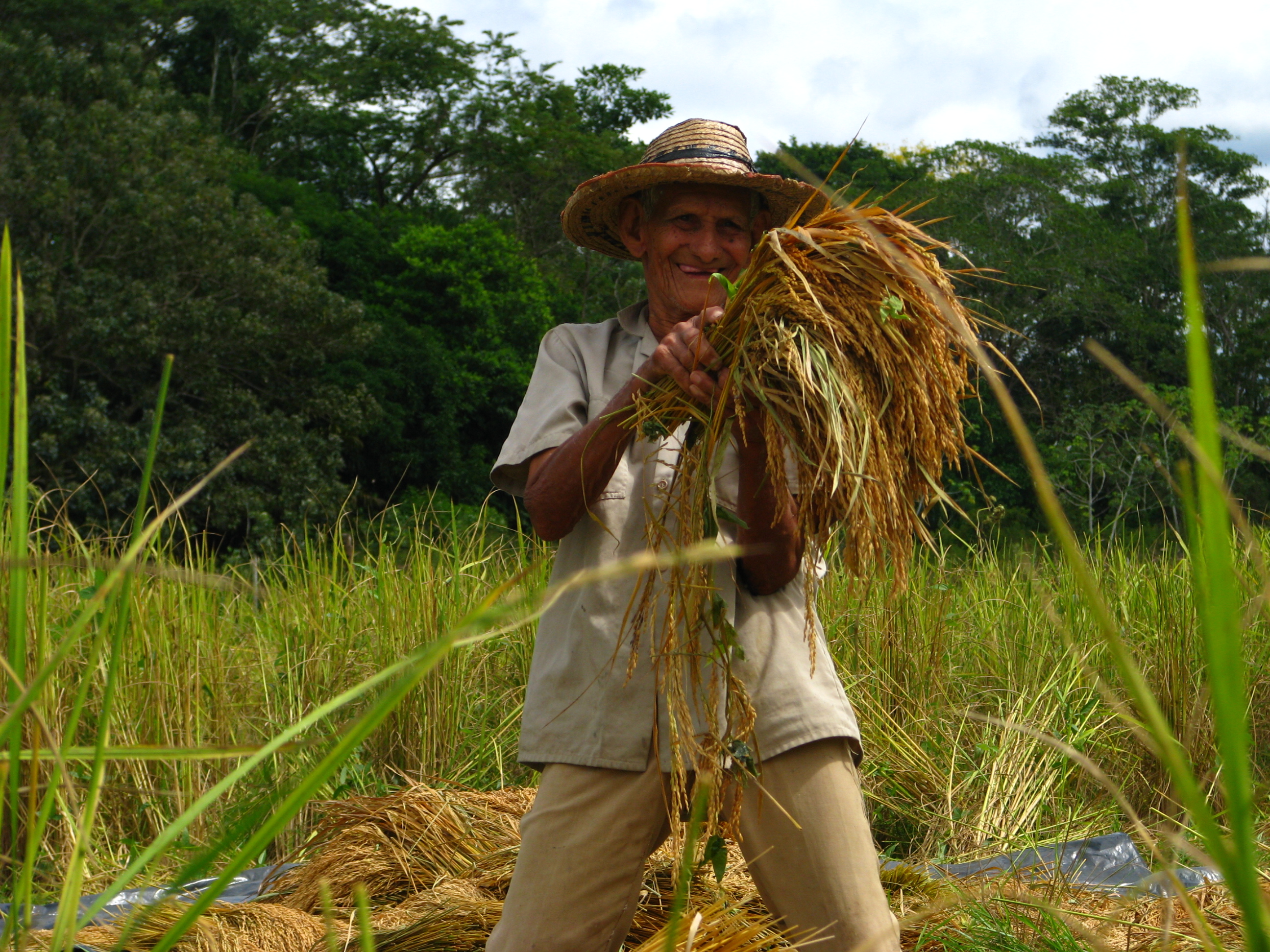Labor unions reject Colombia-South Korea FTA

Prensa Latina 20.02.2013
Labor unions reject Colombia-South Korea FTA
Bogota, Feb 20 (Prensa Latina) — The signing tomorrow of a Free Trade Agreement (FTA) between Colombia and South Korea raised here the rejection of the unions, which see it as an attack on the industry and the productive and agriculture sector.
The president of the Confederation of Workers (CUT), Domingo Tovar, said that if the FTA takes effect between 150 and 170 thousand jobs may be lost.
For us, it is very worrying the state of the economy in a country that supports its development in mining in impairment of the agricultural sector, in poor conditions, as evidenced by the next strike announced by the coffee growers, he said.
This situation also has implications the rice farmers, bakers and sugarcane growers, and would worsen with the implementation of the Treaty, the union leader said.
For his part, President of the General Confederation of Labor, William Millan, said they will continue to insist in the need that Colombia heighten its industry, instead of flooding the market with foreign products that shift the country’s production.
Concern for us is in terms of employment, development and progress for the country, he said.
Labor leaders, with the Confederation of Workers of Colombia (CTC), urged Congress not to vote for the approval of the FTA with South Korea and invited them to demand the government not to ratify the agreement.
Colombia has signed more than 20 FTAs in recent years, which main base is investment of foreign capital in mining and exploitation of the land, in exchange for a potential market for their exports.
According to official data, in the last 3 years the trade balance was favorable to the country only in 1, 9 billion dollars, of which 68 per cent came from foreign sales of raw materials and non-renewable natural resources.
At the same time, 68 percent of imports corresponded to industrial and capital goods with a high added value.





